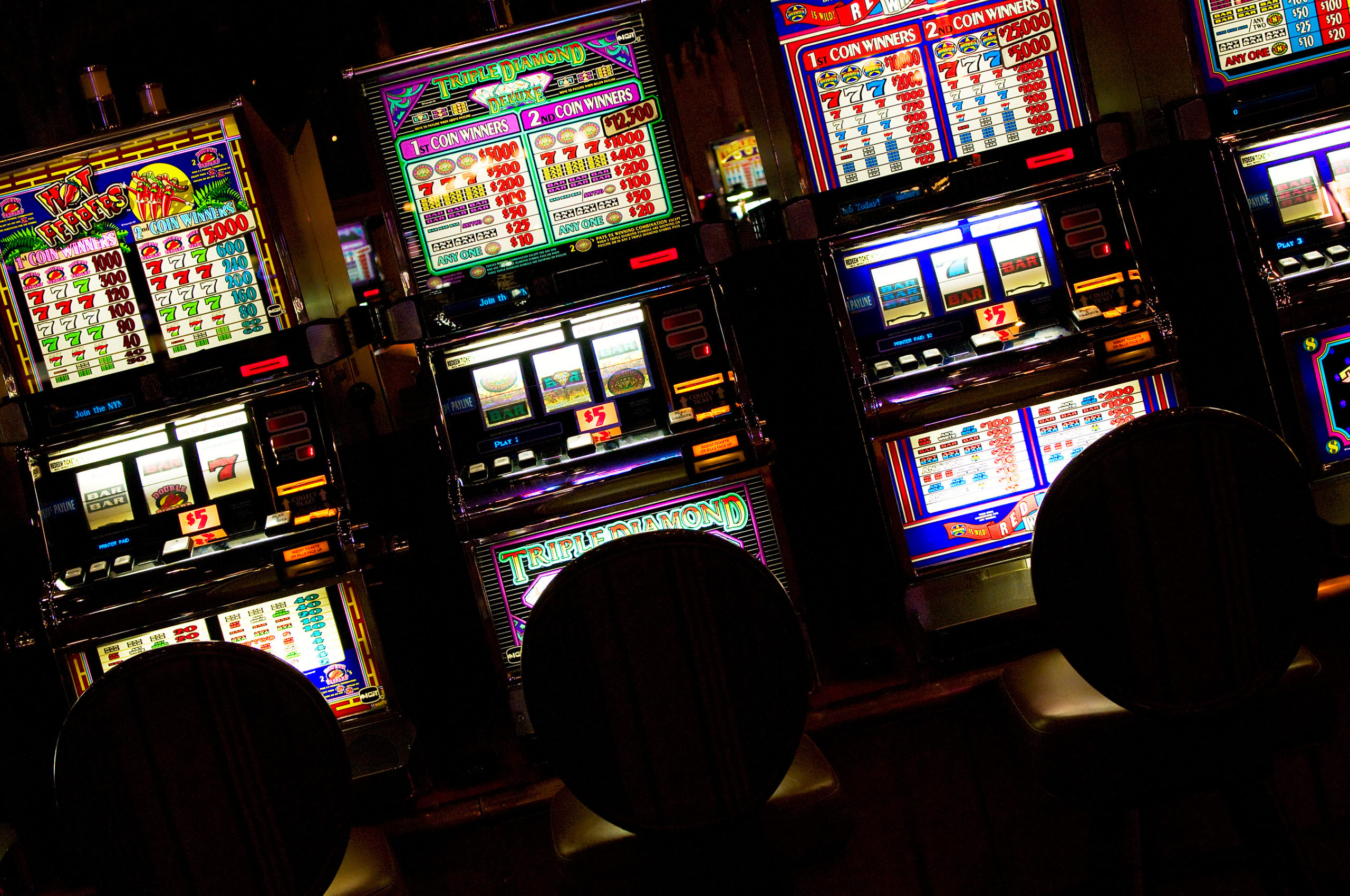It’s a sad fact, but there is no denying that certain industries do try to lure people into dependent behaviors. And, per a recent article on Heavy.com, some of the worst offenders are casinos and slot machine makers. According to their article, nefarious tactics are in play to create full-fledged gambling addictions.
Wesleyan University professor Mike Robinson authored the story and outlined intentional tricks of the trade that can turn casual gamers into addicts.
“As an addiction researcher for the past 15 years, I look to the brain to understand the hooks that make gambling so compelling,” Robinson writes. “I’ve found that many are intentionally hidden in how the games are designed. And these hooks work on casual casino-goers just as well as they do on problem gamblers.”
One highlight he calls out is the “reward component” that many card games and slot machines offer. Tapping into the brain’s dopamine sensations (which are also triggered by sex, eating and drugs), these activities create a level of risk, excitement and uncertainty that prey upon primal urges. Eventually even losing money at a table could become a trigger that releases dopamine, setting off the urge to keep playing and “chase” a victory.
Robinson also zeroes in on the outside stimulators that are common at every casino. Things like buzzers, lights and colorful screens, which actually play psychological tricks on the brain. If you’ll notice, even a small win at a slot machine triggers big bells and whistles. This is intentionally done, to lead gamblers to over-estimate how often they are winning.
There are plenty of illusions and “magic tricks” at play too, particularly at the video machines. Modern slots have multiple win lines, which can allow for more ways to bet. They can easily fool you as one line may hit (signaling the stimulants), while the others miss. Thus you think you’ve won something, but with your maximum bet actually didn’t pay off.
Robinson concluded his article with some alarming facts. We all know that gambling addiction can be a gateway into substance abuse, but recent research has shown that it can lead to anxiety, isolation and even suicide (particularly with online betting).
Always be aware that casino game designers are becoming more and more shrewd with their addictive tactics.
“When you engage in recreational gambling, you are not simply playing against the odds, but also battling an enemy trained in the art of deceit and subterfuge,” Robinson concluded. “Games of chance have a vested interest in hooking players for longer and letting them eventually walk away with the impression they did better than chance, fostering a false impression of skill.”







